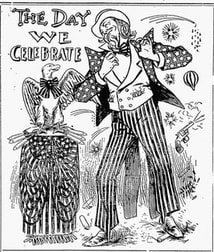 Frederick, Maryland is patriotic, and has always been dating back to July 4th, 1776. For this, we can credit many of those that repose in Mount Olivet Cemetery, be them military veterans, or just plain, good Americans. As we embark on the most popular day, and week, of summer, I wanted to look back at our town (and county) and its relationship to the July 4th holiday. For those on vacation, and others attending a friendly barbecue, Independence Day is generally characterized by the other 3 “R’s”: relaxation, reflection and revelry. Some have labeled July 4th, “The Sunday of the Nation.” The word that best sums up the feeling on this day should be contentment—content by having freedom, possessing unalienable rights and just plain, being proud to be an American. This was also the message given a century ago on July 18th, 1918 by President Woodrow Wilson. The nation was in the midst of World War I, a conflict that involved thousands of Frederick County residents—500 of which are laid to rest here in Mount Olivet Cemetery. President Wilson delivered an address at Mount Vernon (Virginia) where he sought to link the endeavors of George Washington and the other Founding Fathers of the United States with the present efforts in the battlefields of Europe. Wilson told his audience the following: We intend what they intended. We here in America believe our participation in this present war to be only the fruitage of what they planted. Our case differs from theirs only in this, that it is our inestimable privilege to concert with men out of every nation what shall make not only the liberties of America secure but the liberties of every other people as well. It’s ironic that this holiday has roots going back to the specific day in 1776 where the mood of the general populous was one of discontent. The people of Frederick County, Maryland, and countless inhabitants of the other 12 colonies were not pleased with their governance under Great Britain’s King George III, son of our county/city namesake—Frederick Louis, Prince of Wales (1707-1751). 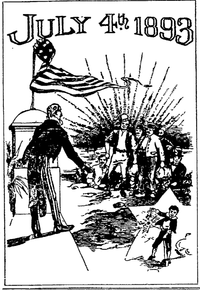 From a historical perspective, it’s interesting to look back and read about past "Independence Days" here in Frederick. A few years back I was contemplating the subject and arbitrarily picked 1893 for some odd reason—a year that certainly does not roll off the tongue for its contribution to county, state or nation. This was 25 years before President Wilson's sojourn to Mount Vernon, and Grover Cleveland was the sitting commander-in-chief. To my surprise, and delight, I found major discontent surrounding the holiday here at home, mainly because residents of Frederick City would/could have no fireworks. Newly elected Mayor John E. Fleming had issued a proclamation on June 23rd (1893) re-stating the city ordinance prohibiting “the firing or discharging of any gun, pistol or other firearms, squib or cracker within the limits of the Corporation.” Mayor Fleming cautioned that this would be rigidly enforced on July 4th.
In essence, this was the 4th of July equivalent of the movie Footloose. Many townspeople were livid, especially wayward teens and ornery children, not to mention more than a few uppity adults. Now in Mayor Fleming’s defense, this particular "Fourth" fell on a Sunday, aka the Lord’s Day. Some decorum needed to be shown churchgoers, because firecracker hijinx was not just something that happened after dusk as we know today. In addition, things had gotten wildly out of hand over the years with the high frequency of firework-related accidents, mamings, etc., especially involving young people. Over the years, the newspapers could always count on these stories to help fill content. Fire risk was also a reality. The mayor had been working hard for months on creating fire-related ordinances and strengthening support for the volunteer fire departments of Frederick. Lastly, who needs people shooting off firearms in town, especially after a long day of celebratory alcoholic libations? 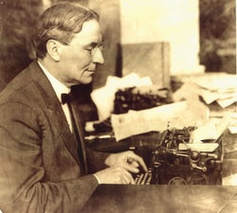 Folger McKinsey, "the Bentztown Bard" wrote for the Frederick News. The Elkton (MD) native gained greater fame with the Baltimore Sun, for which he worked for over 40 years until his death in 1950 Folger McKinsey, "the Bentztown Bard" wrote for the Frederick News. The Elkton (MD) native gained greater fame with the Baltimore Sun, for which he worked for over 40 years until his death in 1950 To the average Joe “Son of Liberty,” this rationale seemed to buck tradition, looking more like an infringement on God-given rights. Isn’t there a Constitutional amendment providing for the right for American citizens to spend Independence Day doing whatever the heck they wanted to show their patriotic devotion to flag and country? The famed "Bentztown Bard," Folger McKinsey, wrote in the Daily News another signature "tongue in cheek ditty": "I believe in letting the eagle scream On the glorious Fourth of July; As firmly I believe that mankind, Would perish 'twere not for pie."
After reading an account of a young doctor attending a party in nearby Jefferson, I certainly have a new view on what was considered “fireworks fun” during the period. It appears that this gentleman was lured in by a flirtatious group of young ladies working in tandem with a group of young hooligans. The boys attached, and lit, a bundle of fireworks to the physician’s frock coat. Luckily he escaped injury, but I can surely think of safer and less stressful ways to celebrate the independence of our nation. Luckily things got back to normal, "July 4th-wise" when Mayor Fleming left office in 1895. As for the good mayor, he rests in an unmarked grave in Mount Olivet's Area H (Lot 162) in between both his first wife Anna A. (Keller) Fleming (1841-1875) and second wife, Sallie Ann (Kehler) Fleming (1850-1934). He passed away on December 12th, 1917 as the United States was mobilizing for that first World War. I find it heartwarming to think that Mayor Fleming has a front-row seat for the nightly fireworks displays presented after Frederick Keys games throughout the summer. 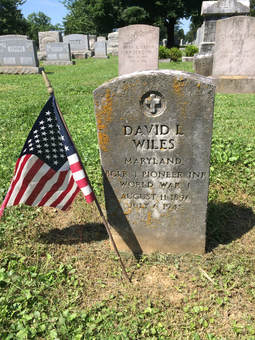 So in closing, I wish you and yours a very happy Fourth! ...but please think twice before shooting off your bottle rockets, cakes, and Roman candles this holiday as the ordinance is still in effect within the corporate boundaries of Frederick. You can still enjoy sparklers without repercussion, both literally and figuratively. All these years later, the municipal government does a fine job of putting on a great rundown of 4th of July activities for its residents, capped with the annual fireworks display. One of the best vantage points for viewing these is none other than Fleming Avenue, of course. While we can demonstrate the proper spirit of patriotism in many ways, take a few minutes to remember why we continue to have the right to celebrate such an incredible annual event and explain this to a young person. Better yet, take a leisurely ride or walk through Mount Olivet as the point will be punctuated by the monuments to Francis Scott Key, Barbara Fritchie, Gov. Thomas Johnson, and graves of service men and women connected to World War I and all other conflicts in which our nation has participated. Because of them, we not only have our freedom, but so much more. Talk about being content! 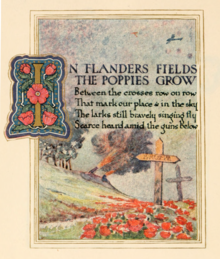 One of the most iconic things to come out of World War I, fought a century ago, was the war poem entitled "In Flanders Fields." It was written by a Canadian physician named John McCrae who was inspired to write after presiding over the funeral of a fellow soldier. As a result of its immediate popularity, parts of the poem were used in efforts and appeals to recruit soldiers and raise money selling war bonds. Its references to the red poppies that grew over the graves of fallen soldiers resulted in the remembrance poppy becoming one of the world's most recognized memorial symbols for soldiers who have died in conflict. Flanders is a village in northwest Belgium. Those native peoples hailing from the area of Flanders, along with those speaking the Flemish-language, are known as Flemings. Although Mayor John E. Fleming may not have given Frederick what it truly wanted on July 4th 1893, possible distant cousins of the man could have more than made up for it: Alexander Fleming who gave us penicillin (1928), Ian Fleming gave us James Bond, and Peggy Fleming who gave us the joy of IceCapades. Now let's make some noise for the Flemings, and more importantly, all Frederick County's patriots, past and present! Information coming soon on special commemorative programming at Mount Olivet over the weekend of November 10-11, 2018 (Veterans day). To learn more about World War I veterans in Mount Olivet Cemetery, visit our auxiliary website: mountolivetvets.org 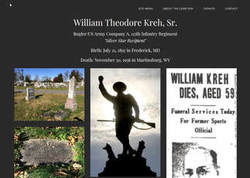 The site features comprehensive memorial pages for WWI vets buried in the cemetery.
1 Comment
Lois Keller-Poole
7/6/2018 11:48:16 am
Great historical read. Thanks!
Reply
Leave a Reply. |
STORIES
|
Archives
July 2024
June 2024
May 2024
April 2024
March 2024
February 2024
January 2024
December 2023
November 2023
September 2023
August 2023
July 2023
June 2023
May 2023
April 2023
March 2023
February 2023
January 2023
December 2022
November 2022
October 2022
September 2022
August 2022
July 2022
June 2022
May 2022
April 2022
March 2022
February 2022
January 2022
December 2021
November 2021
October 2021
September 2021
August 2021
July 2021
June 2021
May 2021
April 2021
March 2021
February 2021
January 2021
December 2020
November 2020
October 2020
September 2020
August 2020
July 2020
June 2020
May 2020
April 2020
March 2020
February 2020
January 2020
December 2019
November 2019
October 2019
September 2019
August 2019
July 2019
June 2019
May 2019
April 2019
March 2019
February 2019
January 2019
December 2018
November 2018
October 2018
September 2018
August 2018
July 2018
June 2018
May 2018
April 2018
March 2018
February 2018
January 2018
December 2017
November 2017
October 2017
September 2017
August 2017
July 2017
June 2017
May 2017
April 2017
March 2017
February 2017
January 2017
December 2016
November 2016

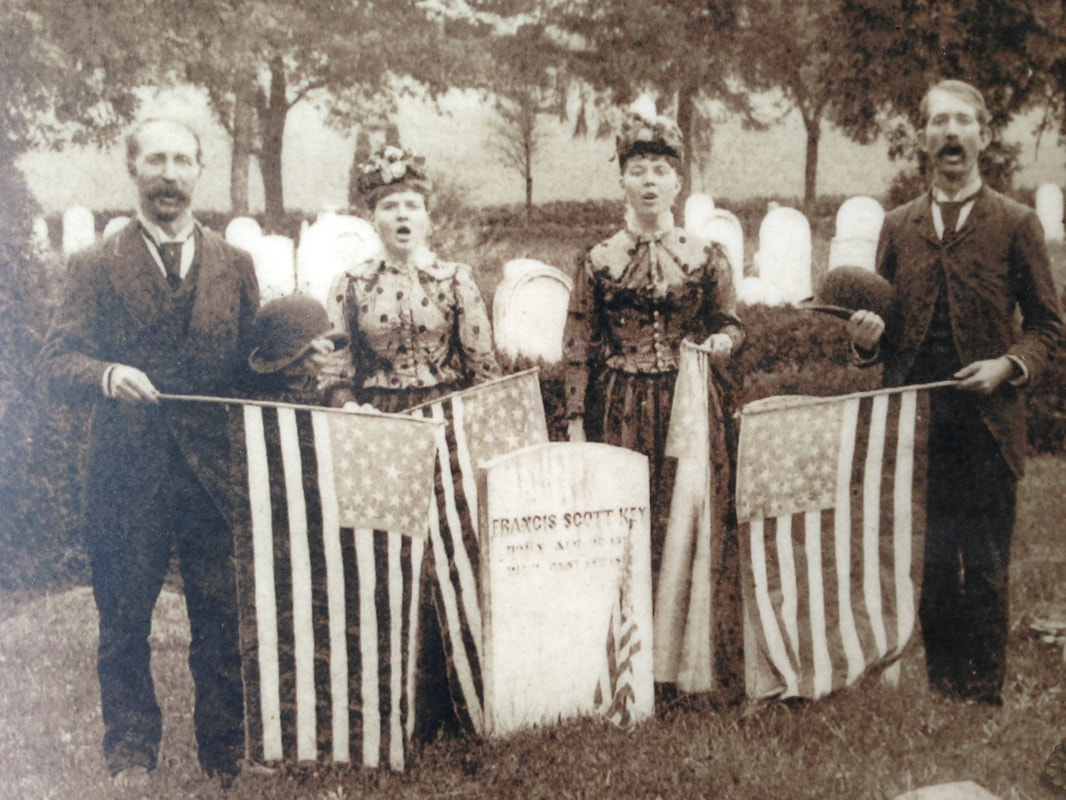
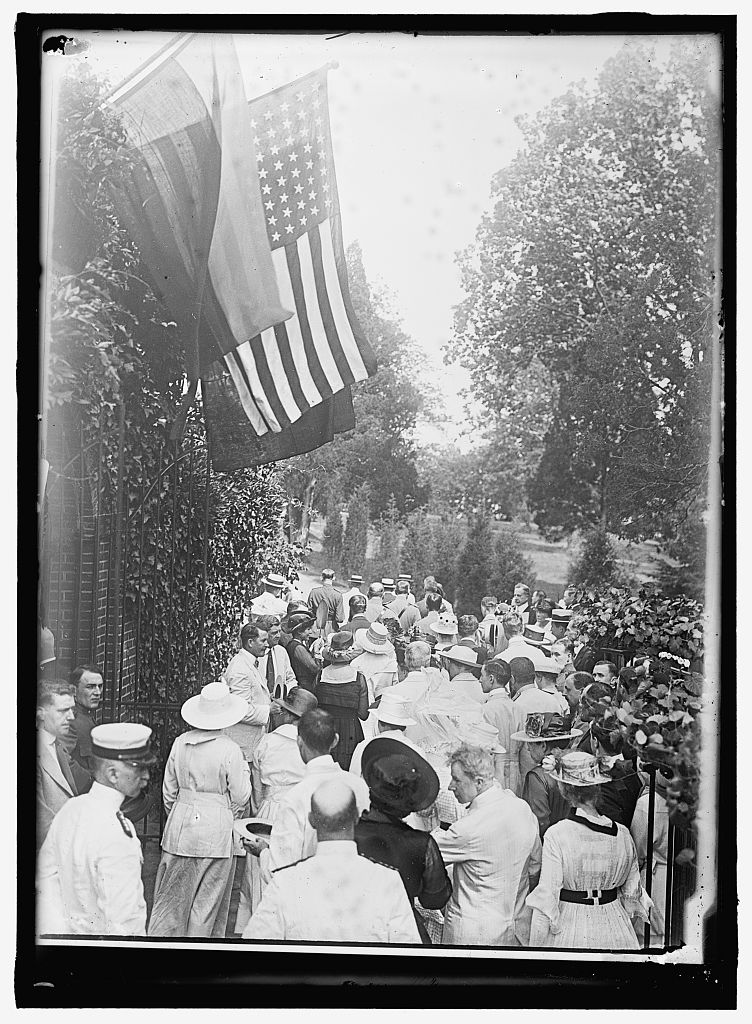
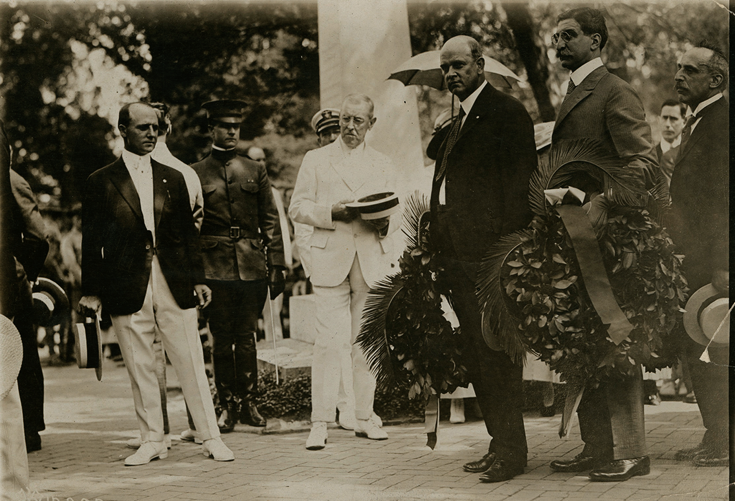
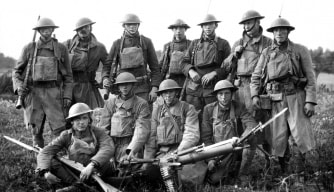
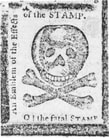
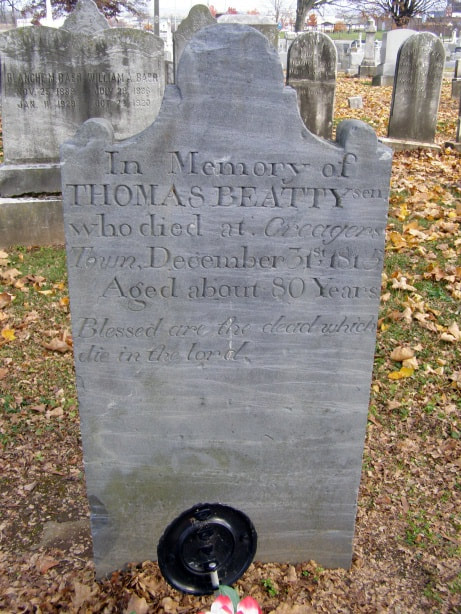
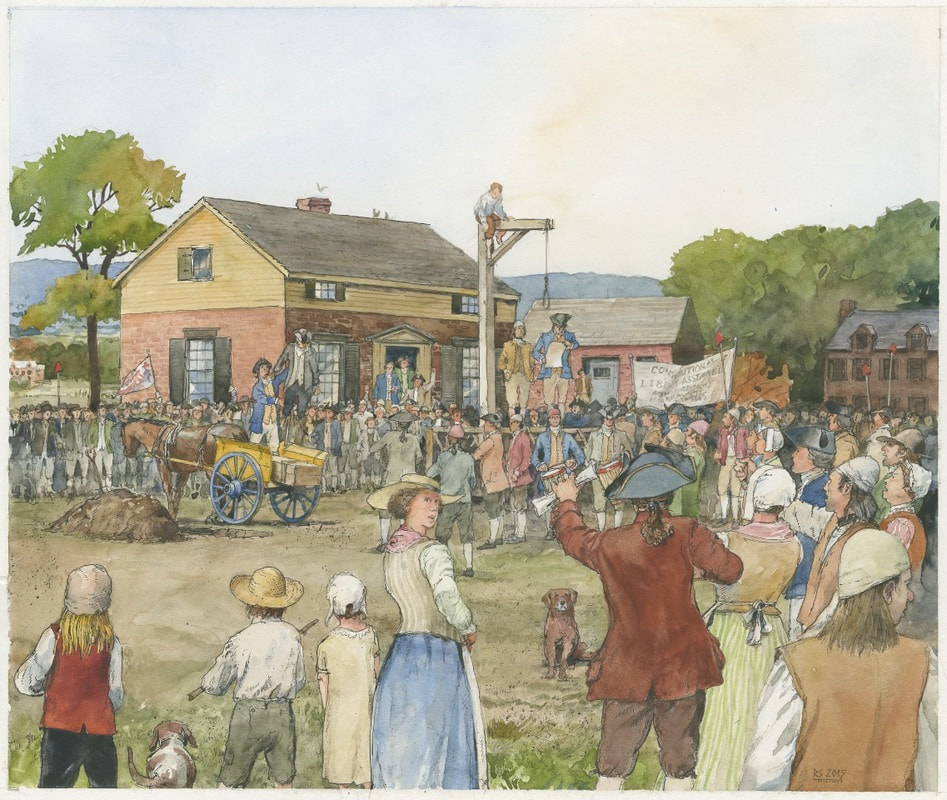
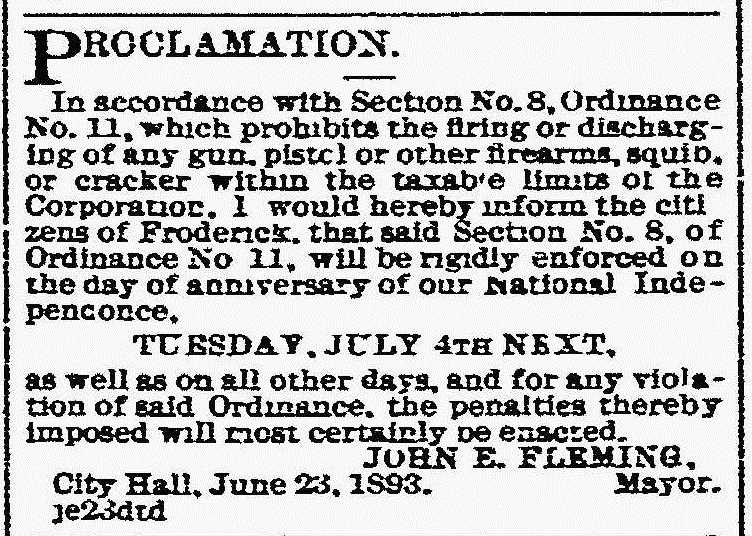
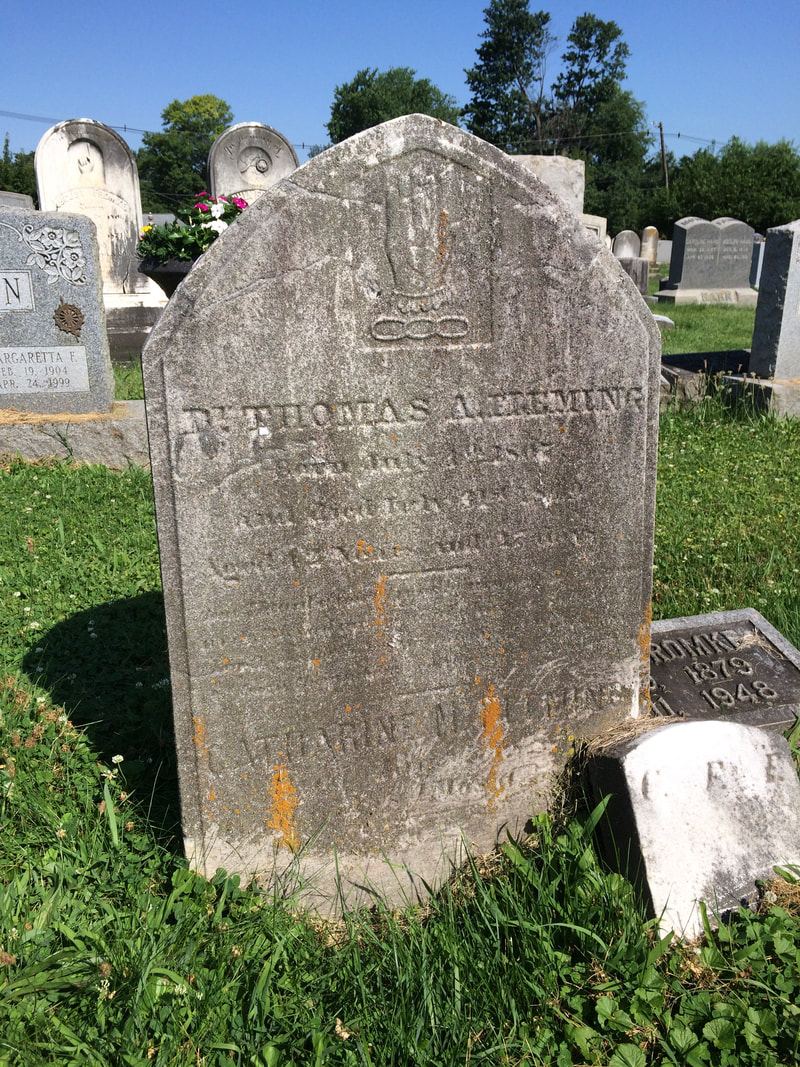
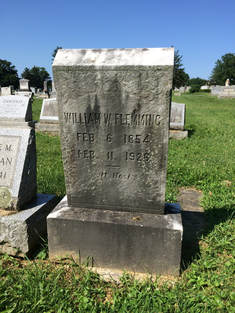
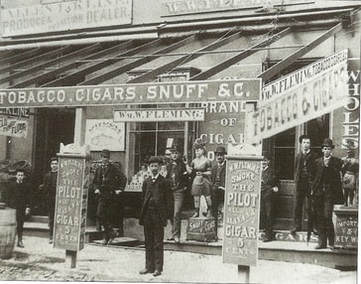
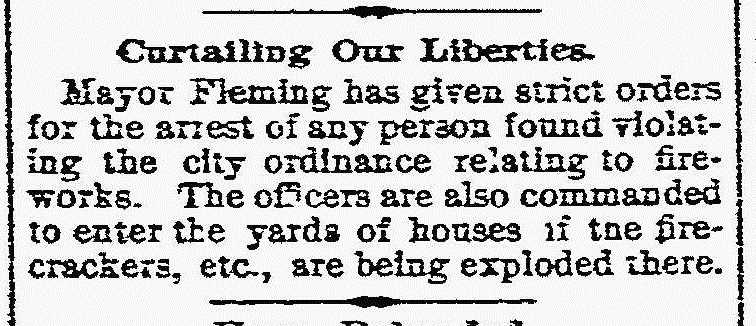
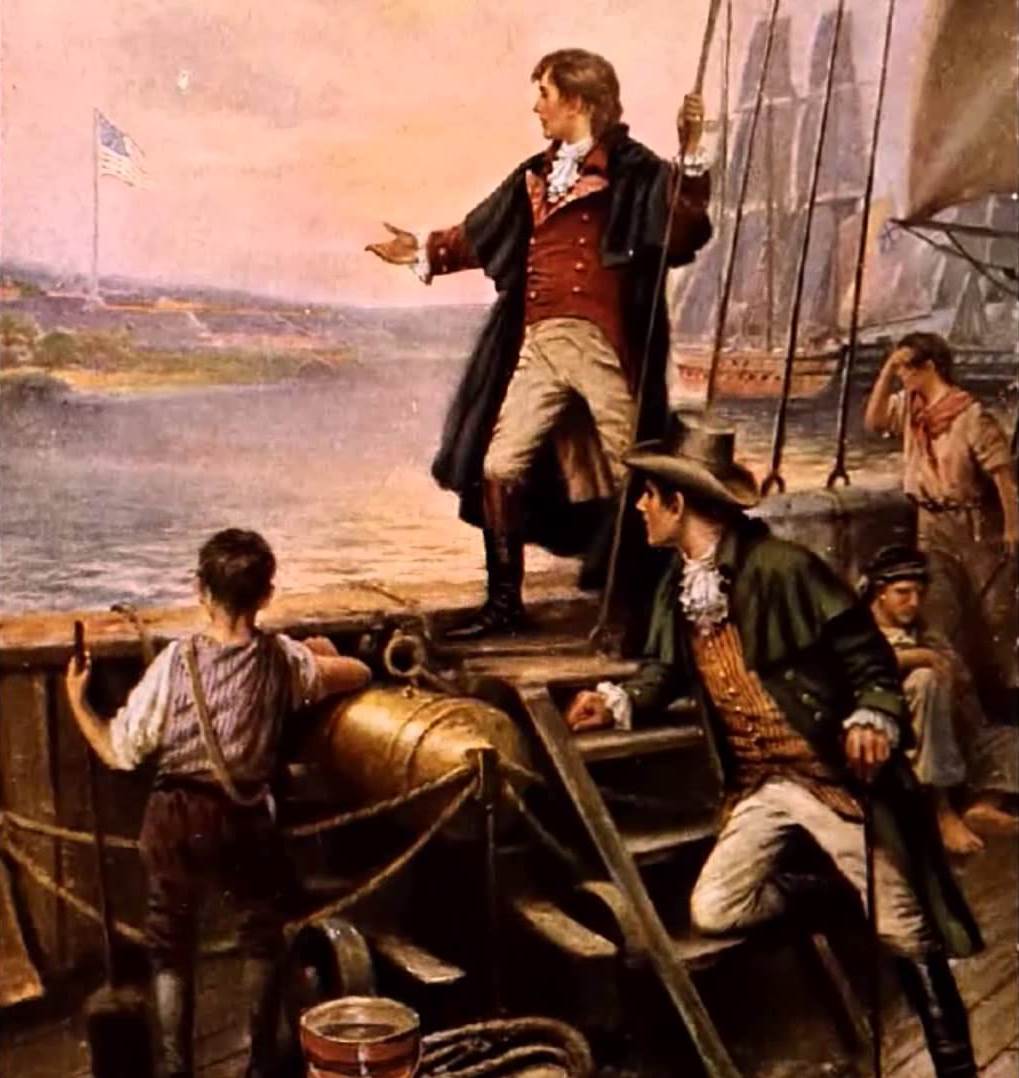
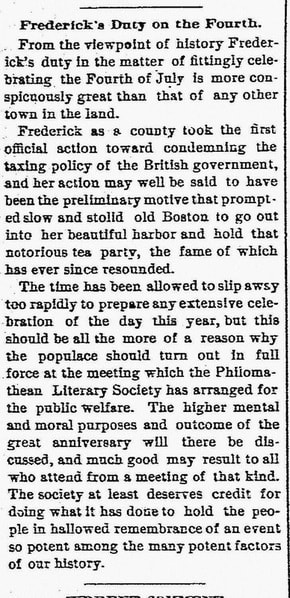

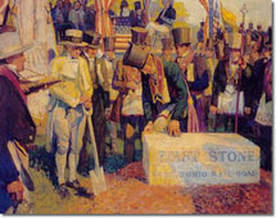
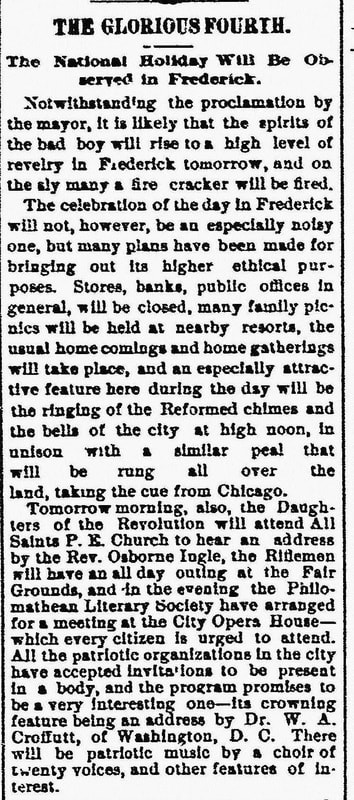
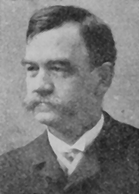
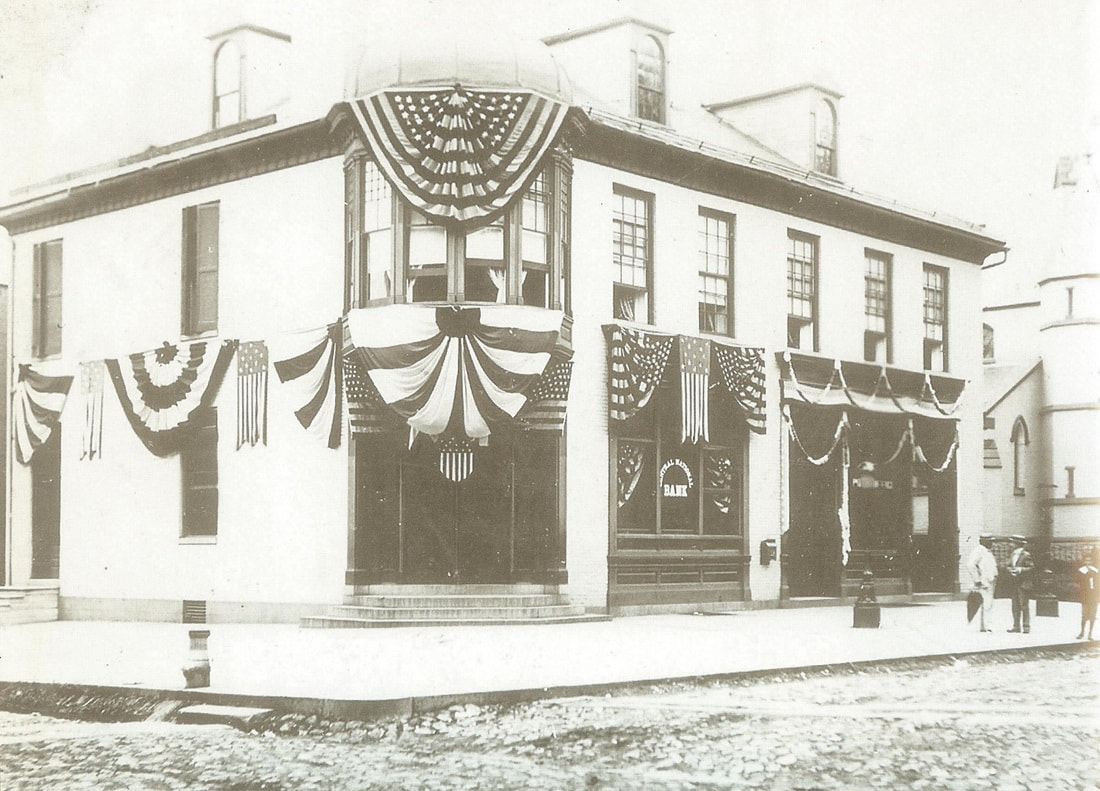
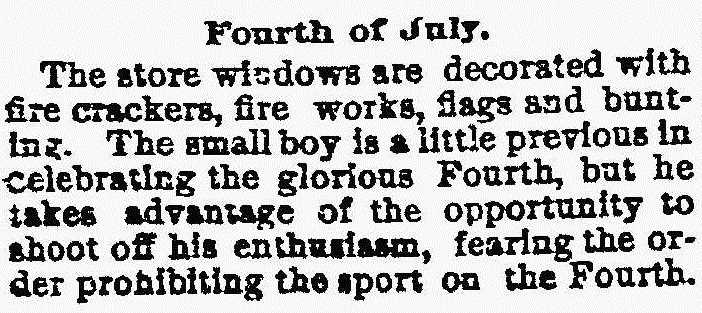
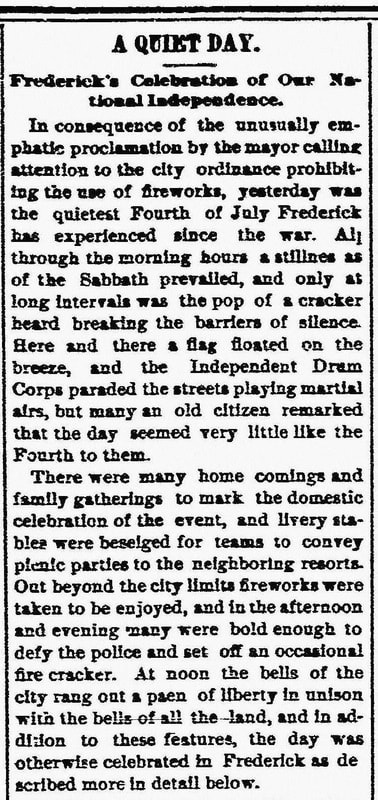
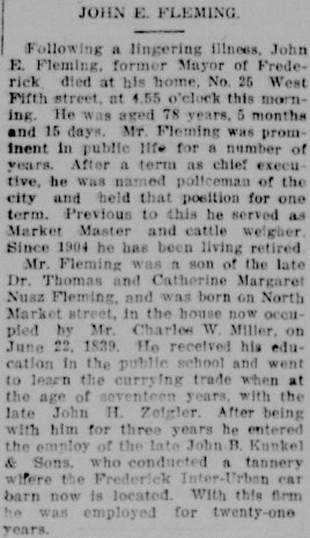
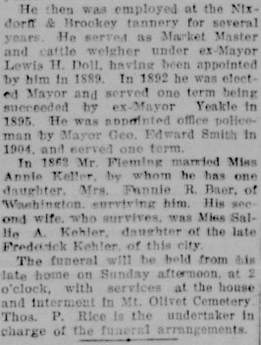
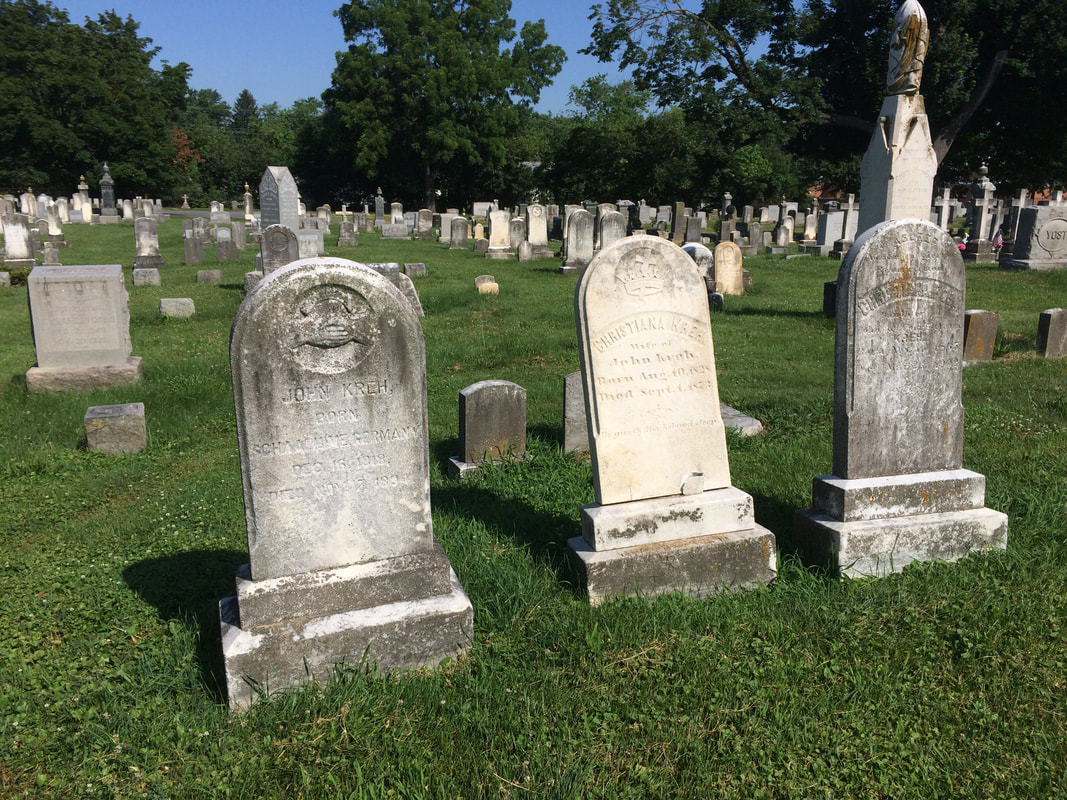
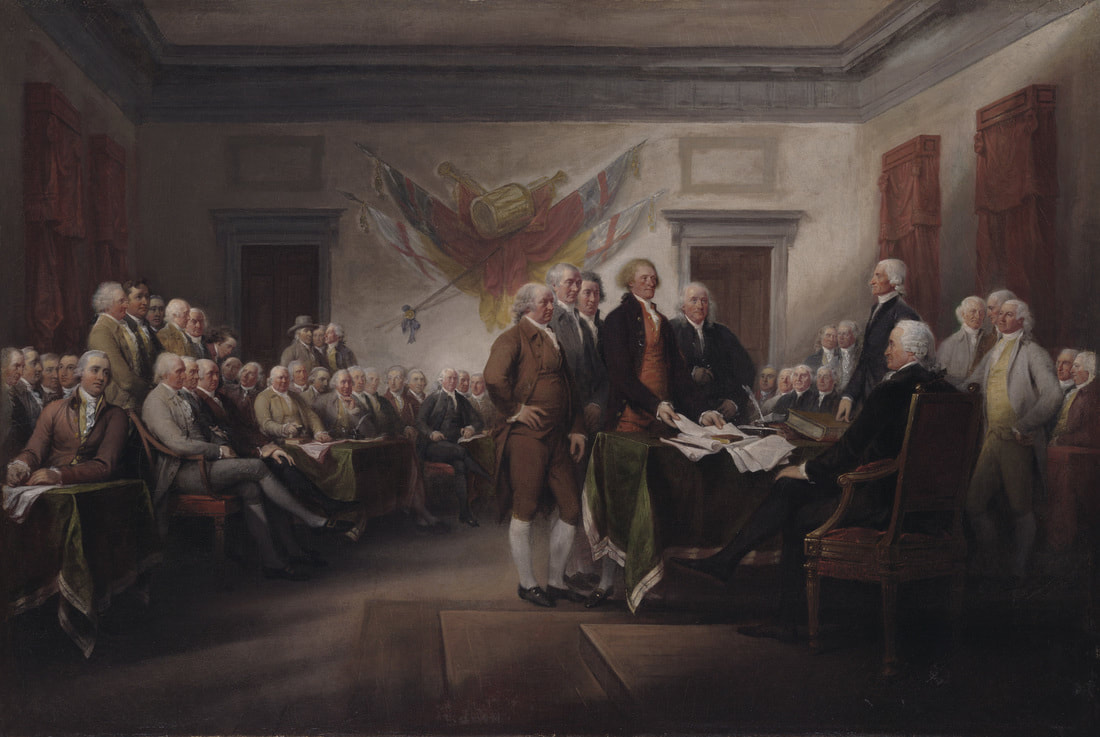
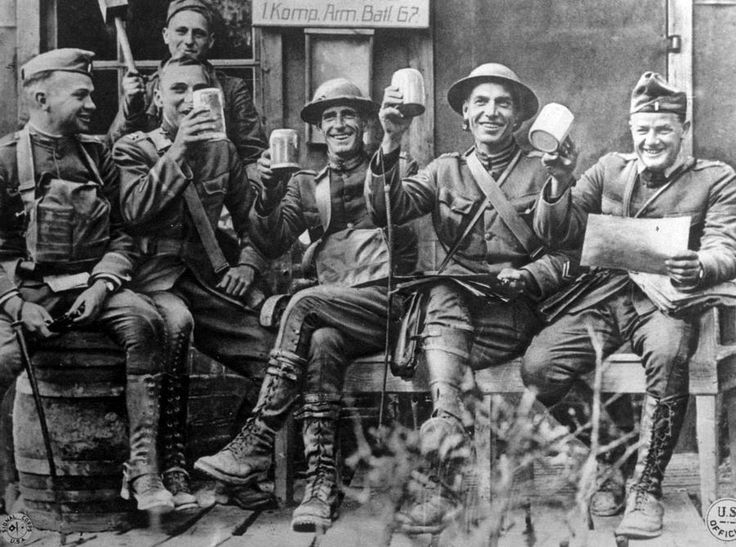
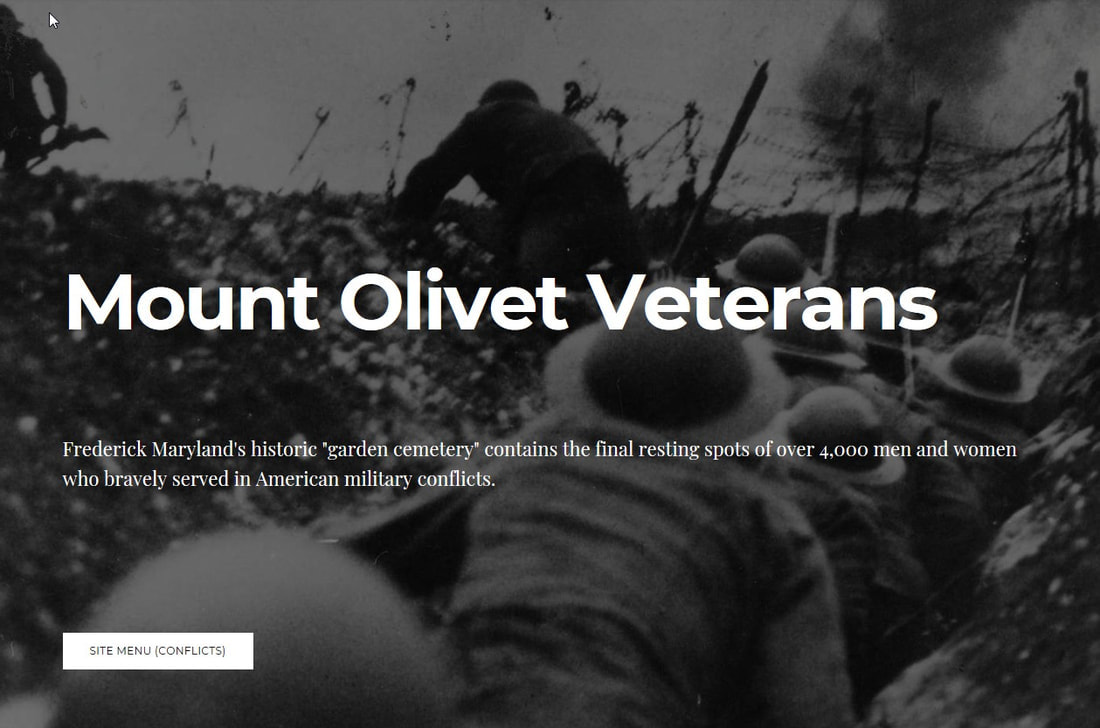

 RSS Feed
RSS Feed